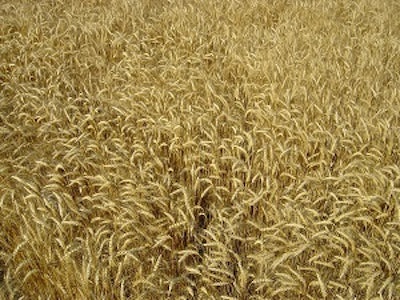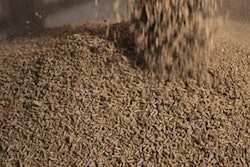
From WATTAgNet:
Australia is looking to boost its wheat exports to Southeast Asia, after losing some market share there to Canadian and U.S. grain.
Australia is the world’s No. 4 wheat exporter. It has seen buyers in Indonesia, Vietnam and Malaysia move to other overseas suppliers.
U.S. wheat values, which are down about 15 percent, could drop lower if Australia succeeds in winning back its buyers in Southeast Asia.
Australia is expected to end the marketing year in September with 6.5 million tons of wheat, up from 6 million tons a year ago. Sales also will take a hit with lower 2014-15 high-protein wheat output, estimated at 7.3 million tons, down from a five-year average of 9 million tons. Drought in the next season also is likely to constrain wheat output.
The Australian Export Grains Innovation Centre (AEGIC), a joint venture between the Grains Research and Development Corporation, owned by Australian farmers, and the Department of Agriculture, Western Australia, was formed to promote the country’s grains and oilseeds. Its chief executive, David Feinberg, said it is working to strengthen the relationship between Australia and the Southeast Asian market.
"Canadians are beginning to capture some of the market share in Indonesia. Our aim will be to work more closely with the industry as an Australian representative," Feinberg said.
Australia aims to regain share in Southeast Asian wheat market -industry source


















